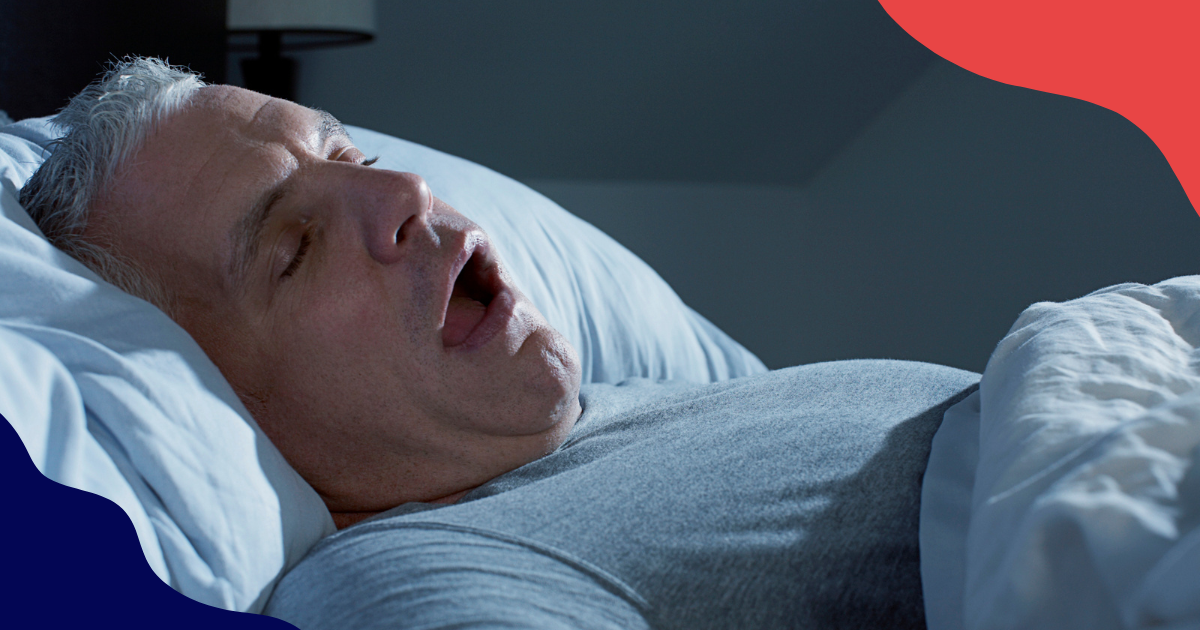When it comes to sex, men are often stigmatised for having too little and lauded by their peers for having a lot. In the context of the medical discussion, insufficient or inadequate sex is a problem and as a topic, it takes up much of the attention. However, no one complains about having too much sex.
The inability to perform in the bedroom is usually a symptom of a medical problem such as erectile dysfunction (ED) or premature ejaculation (PE). It could also be associated with low testosterone levels. On the flip side, what is having too much sex a symptom of, and how much is too much?
Sex addiction overlaps with social norms and gender stereotypes on how men sexually behave in society—often, that means it’s okay to have a lot of sex. However, for men, having too much sex or sex addiction may comprise a grey area because people don’t always see it as a problem, let alone a medical one. Thus, until it profoundly interferes with normal functioning and relationships, sex addiction does not come to the foreground of the men’s health discussion.
Some cultural stereotypes expect, or even encourage to a degree, a high level of sexual activity in men. Consequently, the line between high sex drive and activity and sex addiction is seldom defined.
Contrary to first impressions, sex addiction is not just frequent sex with multiple partners—it is a complex set of behaviours that involve not just sex acts but the compulsion to acquire sex partners or sex in that it consumes a person’s focus and impacts their relationships.
Sex addiction is also called hypersexuality or compulsive sexual behaviour.
Can Sex Addiction Be Diagnosed?
Not all medical professionals recognise sex addiction as a disorder. According to CBS News, Patrick Carnes, PhD, popularised the term sex addiction and attributed the source of the condition to a patient or sex addict’s core belief system. In Carnes’ theory, certain core beliefs drive addiction. According to Carnes, addicts do not see themselves as worthwhile persons. He adds that sex addicts do not believe that others would care for them or meet their needs if they knew everything about them, including their sex addiction.
Moreover, one of their core beliefs is built around sex being their most important need. They think that sex is what makes isolation bearable. Furthermore, Cannes believes that addicts believe that if you do not trust people, sex at least does what it promises, at least for the moment. In Cannes’ theoretical definition of addiction, an addict’s relationship is with sex and not people, and he states this in his pioneering sex addiction book called “Out of the Shadows: Understanding Sexual Addiction”.
Since the introduction of the term, the idea has become controversial. It remains excluded from the leading resources on mental disorders. It is not currently in the fifth (and latest) edition of the psychiatry bible, “Diagnostic and Statistical Manual of Mental Disorders”, also known as the DSM-5. However, the book represents the medical community’s current consensus on what constitutes mental disorders, and research on the subject is ongoing.
On whether it is possible to diagnose sex addiction, the answer is yes. You establish a diagnosis using both the DSM-5 literature—labelled as “Other specified sexual dysfunction”—and the ICD-10 or “International Statistical Classification of Diseases and Related Health Problems” criteria as “Other sexual dysfunction not due to a substance or known physiological condition”.
Common Signs to Look for in Sex Addiction
Nonmedical professionals cannot diagnose sex addiction, but men’s health patients and those around them can refer to the following signs as a way to inform their decision to seek help:
Chronic and obsessive sexual fantasies or thoughts
Those with sex addiction may be consumed by sexual thoughts or preoccupied with sexual fantasies. Such thoughts may interfere with their daily activities.
Excessive masturbation
Masturbation releases “feel-good” chemicals in the brain and nervous system. Because of this, the chemical reward can provide a feedback mechanism that encourages what some may label as addiction.
Regarding online porn consumption and masturbation, about 40 studies have connected hypersexual behaviour with brain changes observed in people with clinically diagnosed addictions. \
Spending too much time on sex or pursuing sex
Those with hypersexuality or compulsive sexual behaviour, apart from having constant sexual activity, often find themselves pursuing avenues for sex, which include meeting random strangers on the internet or creating opportunities to have sex with different partners. Such extreme behaviours may interfere with their daily productivity, work life, and routines.
Cheating on partners
One of the most devastating effects of sex addiction is its impact on the partners of sexually addicted people. Hypersexual individuals find it difficult to remain loyal or faithful to a partner, spouse, domestic partner, or dating partner.
Such individuals may feel the compulsion to look for sex with new partners, disregarding the terms of their relationship and having affairs. They may engage in one-night stands regularly or cheat on their partners with multiple people.
Feelings of shame and depression, remorse or guilt after sex
When one’s sexual needs cross over to a state of addiction, guilt, anxiety, shame, or regret may come into the picture. Individuals who are hypersexual may feel ashamed about their sexual urges. They may also feel shame about their inability to control those urges.
In some instances, they may show signs of suicidal ideation or even clinical depression. Among sexually compulsive men, 28% showed a higher prevalence rate of depression versus the general male population at 12%, according to one US study.
Hiding behaviour or lying to cover behaviour
Sexually compulsive individuals may end up lying to cover their behaviour. When sexual behaviour overtakes their routine and daily life and causes them to miss their responsibilities at work or disappoint friends and family, they may feel compelled to cover up their behaviour, which means they must lie.
Covering up hypersexuality mirrors similar behaviour seen in other types of addiction. The purpose is to continue the habit without being perceived as outside of the ordinary. Hypersexual people also lie not to hurt or disappoint those around them.
Negative professional and personal consequences
A sex addict’s fixation on sex may cause them to fall behind on their responsibilities towards their families, partners, or workplace. They make also prioritise their sexual behaviour over other recreational activities.
Inevitably, their relationships with friends and family suffer. Neglecting their work responsibilities may also result in poor performance, causing negative consequences to their careers or work status.
Risky or inappropriate sexual behaviour
Sex addiction does not only refer to the frequency of sexual behaviour but the types of sexual behaviour involved. Hypersexual persons may engage in inappropriate or risky sexual behaviours, including public sex, unprotected sex, voyeurism, exhibitionism, and sex with prostitutes.
Such behaviours may damage their health and the health of their loved ones through the development of sexually transmitted diseases or STDs. Studies show that people who identify as sexually compulsive have a higher rate of acquiring STDs like HIV.
Criminal sexual behaviour
Sometimes, sex addiction could extend to an even greater extreme and lead to criminal activities like rape, stalking, or child molestation. It should be clear, however, that there is no rigorous scientific proof that sex addiction leads someone to commit criminal offences.
Can Sex Addiction Lead to Erectile Dysfunction (ED)?
Because the reward system for sex addiction is driven by brain chemicals that, with constant stimulation, may wane over time, if a hypersexual person constantly watches porn or engages in frequent sexual acts beyond normal limits, they may develop hyperstimulation. Consequently, as their threshold for stimulation increases, they may require higher-than-usual hits of reward neurotransmitters to help them achieve an erection.
However, one must note that a sex addict or hypersexual individual’s tolerance to the stimulation of sex and other sexual acts does not directly cause erectile dysfunction.
In cases of ED, no one case is the same. Therefore, it is best to consult a specialised health clinic and get an assessment for the real cause of one’s erectile dysfunction symptoms.




